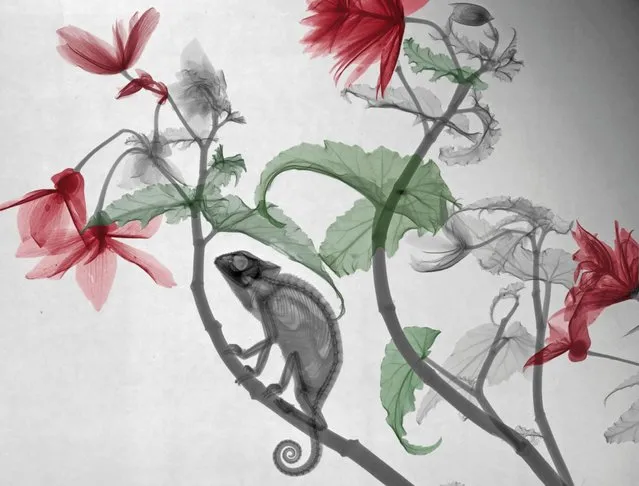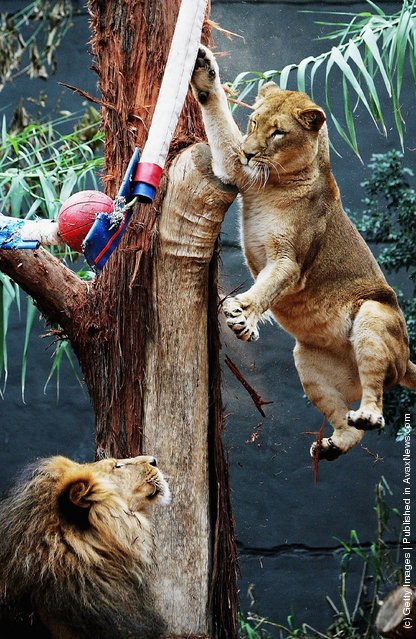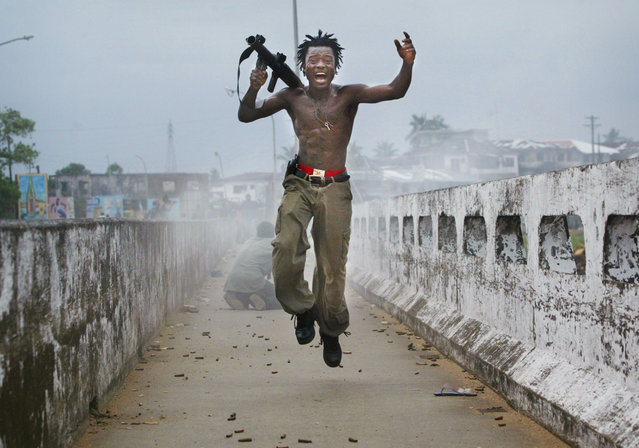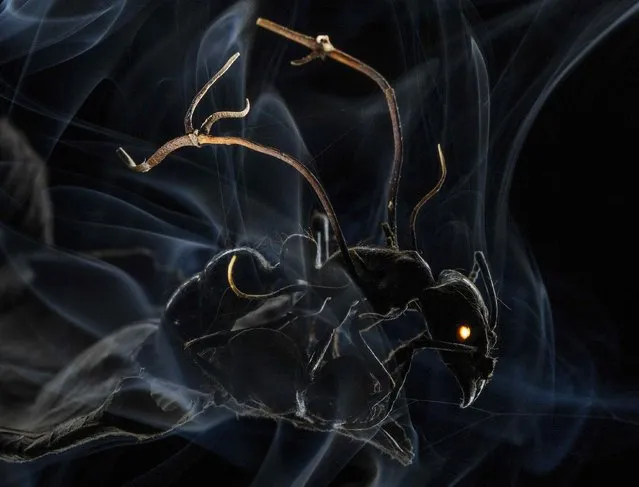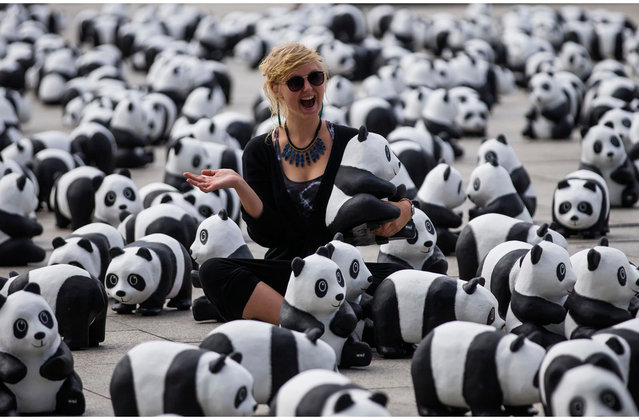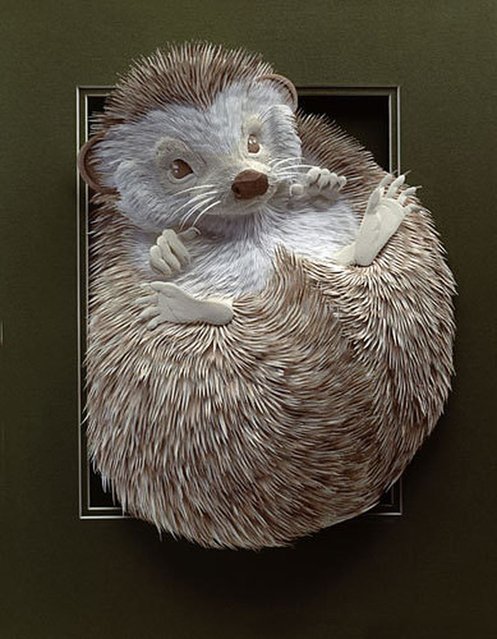
Calvin Nicholls is a master when it comes to the art of paper reliefs. He manages to capture an essence of gracefulness in each of his sculptures. In this particular collection where the focus is nature here are many of the seventy-five sculptures that were created for the Follet Collection Resources Campaign in response to a request of licensing from art director Lee Sievers. The full collection remains on display at their international corporate headquarters.
21 Jul 2012 13:25:00,post received
0 comments


